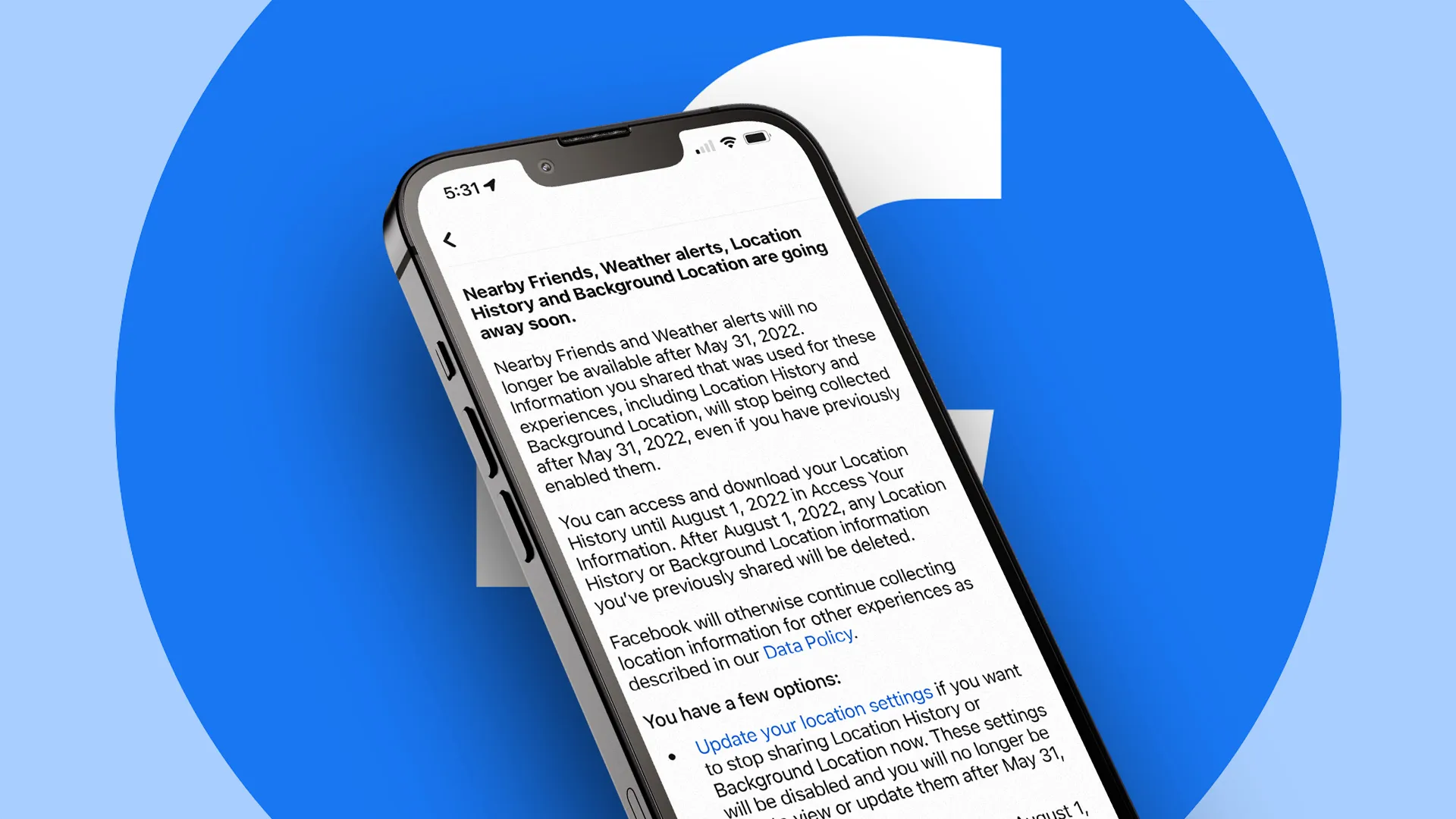CLOSE FRIENDS
Facebook shut down the Nearby Friends Feature
Facebook shut down the Nearby Friends feature for several reasons. Here’s a closer look at the factors that likely contributed to this decision, with a particular emphasis on privacy concerns and strategic shifts:
User Privacy: Nearby Friends relied on constant location tracking, which raised significant privacy concerns among users. With increasing scrutiny on data privacy and security, Facebook may have decided that maintaining a feature requiring such detailed location data was not worth the potential backlash and regulatory challenges.
Privacy Regulations: Privacy regulations like the General Data Protection Regulation (GDPR) in Europe and the California Consumer Privacy Act (CCPA) in the US became stricter, putting more pressure on Facebook to ensure compliance. Features that tracked and used personal data extensively had to be re-evaluated to ensure they met new legal standards. This scrutiny meant that Facebook had to be more transparent about how user data was collected, stored, and used, leading to a re-evaluation of features like Nearby Friends.
Data Security Concerns: The constant tracking required for Nearby Friends posed potential security risks. In an era where data breaches and misuse of personal information are major concerns, Facebook may have chosen to eliminate features that could be perceived as vulnerable to ensure user trust and protect sensitive information.
User Trust: Maintaining user trust is crucial for any social media platform. Given past controversies surrounding Facebook's handling of user data, shutting down features that might compromise privacy could be seen as a move to reassure users that their privacy is a top priority.
Shift in Strategic Priorities: Facebook frequently adjusts its strategic focus to align with current trends and business goals. As the company evolves, it aims to prioritize features and services that align more closely with its long-term vision and user demands.
Resource Allocation: By discontinuing underperforming or less popular features like Nearby Friends, Facebook can reallocate resources to areas with higher potential for growth and user engagement. This strategic shift allows the company to focus on innovations and improvements that are more likely to enhance the user experience and drive engagement.
Evolving User Behavior: Social media users’ preferences and behaviors change over time. Features that were once appealing may lose their attractiveness as new trends emerge. Facebook likely observed that users were not finding Nearby Friends as valuable or engaging as other features. This shift in user behavior necessitated a rethinking of where to invest development resources.
Focus on Core Services: Facebook has been emphasizing core services such as video content, community-building features, and messaging enhancements. By streamlining its offerings and focusing on these areas, Facebook aims to strengthen its position in the competitive social media landscape.
In summary, Facebook shut down Nearby Friends due to privacy concerns, regulatory pressure, data security issues, the need to maintain user trust, and strategic shifts in the company's priorities. By focusing on core services and reallocating resources to more promising areas, Facebook aims to enhance the overall user experience and stay ahead in the ever-evolving social media industry.




